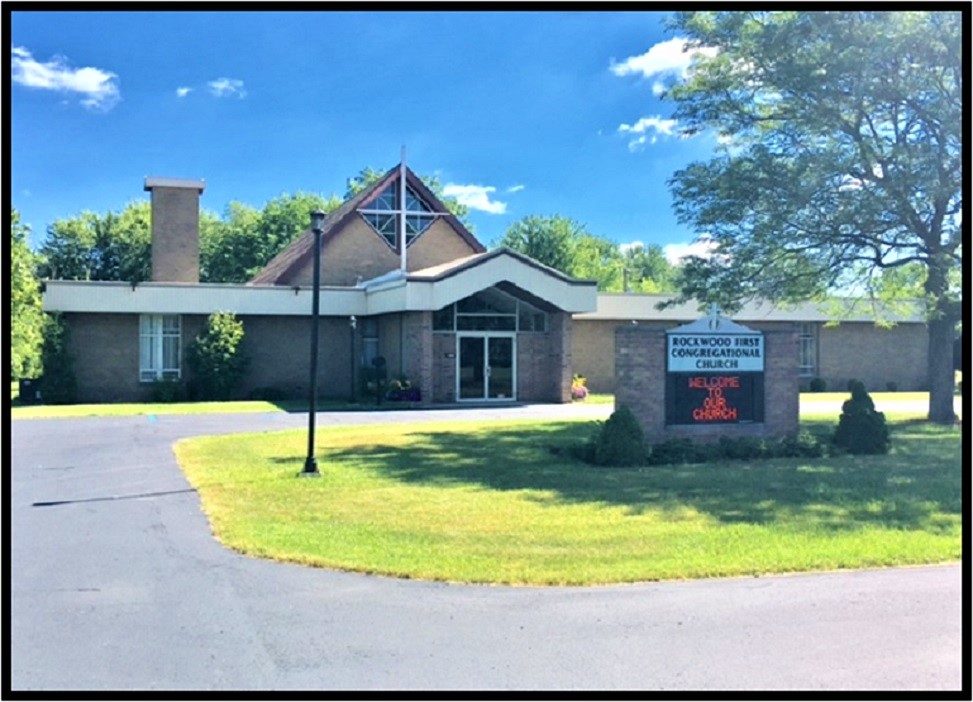Communion, or the Service of the Lord’s Supper, occurs on the first Sunday of every month as part of the regular worship service on that day. Most often served to the congregation while the gathered body is seated, this is one of two sacraments observed by this church, the other being baptism, following the Reformed understanding. Also drawn from Reformed theology, this church holds that Christ is spiritually, but not physically, present in the bread and the cup. Attempting to be inclusive of all persons and respectful of varying needs and perspectives, the church serves grape juice instead of wine. The pastor of the church typically administers the sacrament with the assistance of one or more Deacons.
Instructions are given at the beginning of each Service of the Lord’s Supper, indicating that we serve from an open table and that everyone is invited to partake of the bread and the cup as each feels called. A prayer of thanksgiving is offered by both the pastor and the congregation, and the pastor recites the Words of Institution as Christ stated on the evening of the Last Supper. No one is required to participate, and children may be served at the discretion of parents or guardians. The custom of the church is to eat the bread immediately upon reception as a sign of our individuality and uniqueness as created children of God. The congregation waits until all have been served, however, to drink the cup, which is done together as a symbol of the unity and solidarity of the body of Christ. Following the sacrament, the children of the church are invited to come forward to receive a special blessing by the pastor.
On special occasions, such as Maundy Thursday on which the Last Supper is remembered and reenacted, and the Vigil on the Saturday before Easter, communion may be served by intinction, so that the pastor and Deacon each hold either a consecrated loaf of bread or a chalice. Participants who are physically able are invited to come forward near the front of the sanctuary, take a piece of bread from the loaf, dip it into the cup, and partake of the sacrament in that manner. Those unable to receive the sacrament in this way are then served in their seats.
As scripture insists, each person is free but expected to examine his or her soul to determine individual preparedness to receive the Lord’s Supper according to one’s conscience. It is hoped that the Service of the Lord’s Supper is treated with reverence and solemnity by those who do choose to take part.

